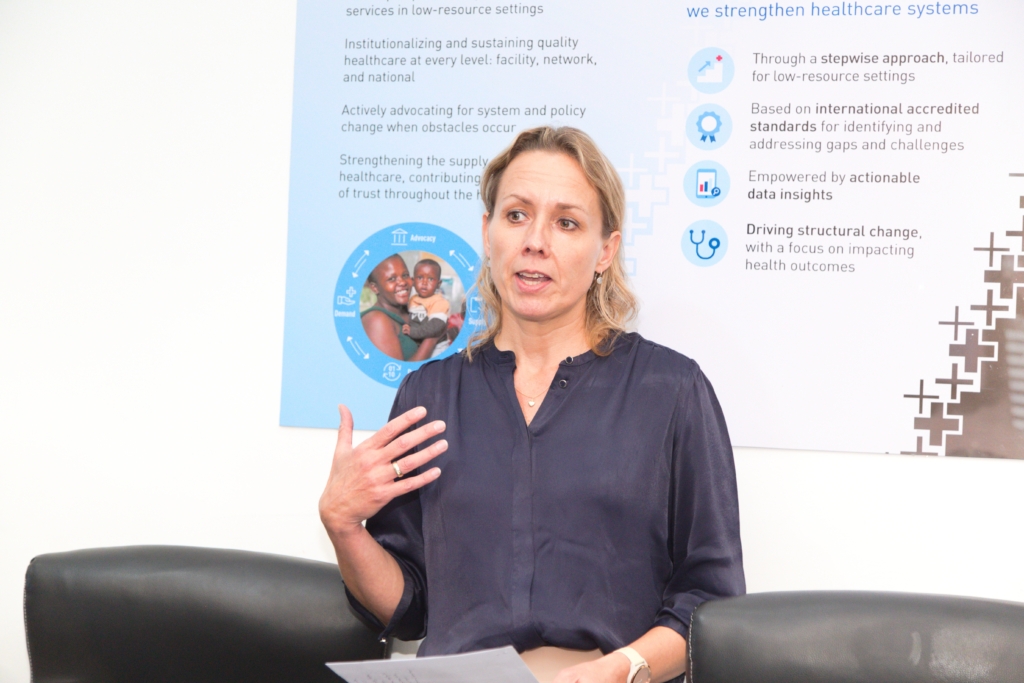Copyright Kiplinger

Editor's note: This is the fifth article in a step-by-step guide for getting your financial house in order. We've already brought you information on compiling your net worth statement, reviewing asset titling and beneficiary designations, the importance of powers of attorney and wills, trusts and related documents. For October, we're addressing how to talk to your agents, beneficiaries and other relevant parties about their roles and responsibilities. Getting your estate plan and financial house in order is a major accomplishment, but it doesn't end when the documents are signed. One of the most important — and often overlooked — steps is making sure the right people know how to carry out your plan and your wishes. Here are steps to ensure all relevant parties have the information to implement the plan you've created. Kiplinger's Adviser Intel, formerly known as Building Wealth, is a curated network of trusted financial professionals who share expert insights on wealth building and preservation. Contributors, including fiduciary financial planners, wealth managers, CEOs and attorneys, provide actionable advice about retirement planning, estate planning, tax strategies and more. Experts are invited to contribute and do not pay to be included, so you can trust their advice is honest and valuable. 1. Share key details with trusted agents Start by letting your financial power of attorney, executor or trustee know that they've been named in your documents — and what their role entails. If these include a spouse or close relative, consider sharing your personal net worth statement or at the very least, let them know where it's stored and how to access it. Because of today's security protocols, it's also smart to provide them with the basics: your phone password and the answers to security questions, or how to access them in the future. Without this, even simple financial tasks can become roadblocks. 2. Make your health care wishes clear It's important to have a thorough conversation about your personal wishes. Make sure your health care power of attorney (HCPOA) agent understands your preferences for medical treatment and end-of-life care so they can feel confident acting on your behalf. That includes directives about life-sustaining measures — or the refusal of them. If you anticipate family conflict, communicate your wishes broadly so there's no room for confusion or disputes later. In addition, provide your HCPOA agent and close family with a current list of medications and dosages (a photo of your prescription bottles can work, too). Having this on hand can be invaluable in an emergency. 3. Write a letter of wishes Legal documents cover the essentials, but they don't capture everything. We highly recommend writing and passing along a letter of wishes to your loved ones. This letter might include information about how you'd like to be remembered and directions for your funeral or memorial services — the type of service you would like and any preferences related to donations, special readings or music selection. It's also helpful to reiterate the instructions about cremation or burial you listed in your HCPOA. This guidance spares your family from uncertainty during an already difficult time and provides a roadmap for decision-making that helps ease the burden. 4. Decide what to share with beneficiaries and when How much you tell beneficiaries depends on their age and circumstances. For younger children or grandchildren, you might not want to share information related to your estate plan, but you can start by teaching them about financial literacy, educating them on the values of saving and, perhaps, explaining the basics of investing. For adult beneficiaries, it can be useful to let them know whether they'll receive an inheritance outright or in trust so that they can plan their own financial futures with more confidence. If you are leaving assets to charity, sharing that information can also be helpful. 5. Communicate with professionals While family conversations are crucial, it's just as important to communicate with your professional team. Make sure your estate planning attorney, financial adviser and CPA all know about updates to your plan so that taxes, investments and legal documents stay aligned. Looking for expert tips to grow and preserve your wealth? Sign up for Adviser Intel (formerly known as Building Wealth), our free, twice-weekly newsletter. You'll also want to make sure they know who you've appointed as agents, safekeepers of documents, etc., along with their contact information. Keeping these professionals on the same page reduces the chance of oversights and confusion later. Final thoughts on reviewing your estate plan Taking the time to organize and review your finances and critical estate planning documents can create peace of mind for both you and your loved ones. By breaking down the process into manageable steps and addressing key areas such as documenting your personal net worth, confirming asset titling, updating power of attorney instruments and revising will/trust documents, you can ensure that your plans reflect your current life circumstances and goals. While you don't have to follow the exact plan outlined in our step-by-step series, you won't regret reviewing your documents and sharing information with trusted family members and agents, and they'll appreciate it. The effort you put into this process now will create a lasting impact, offering both financial security and emotional reassurance for your family in the years ahead. One last note — we often tell clients that estate planning is not called "Estate Done" for a reason; you should plan to repeat this same process every three to five years or after a significant life event. Protect Your Family's Future: Avoid These 12 Common Estate Planning Mistakes I'm a Financial Adviser: You've Built Your Wealth, Now Make Sure Your Family Keeps It What Would You Like to Leave Behind? A Financial Planner's Guide to Family Wealth Discussions Resist the Taboo: Talk to Your Kids About Family Wealth Prepare Your Family for the Financial and Legal Aftermath of Your Death



